Discover Noor's Story
Watch our video and read the timeline below to find out how Noor became an undercover agent.
You can find out more about Noor's life and her actions during the war through our digital exhibition: Noor Inayat-Khan: A woman of conspicuous courage.
Think you've got what it takes to become an undercover agent? Click the button below to try out your very own spy adventure. Solve a collection of puzzles and try not to get caught out.
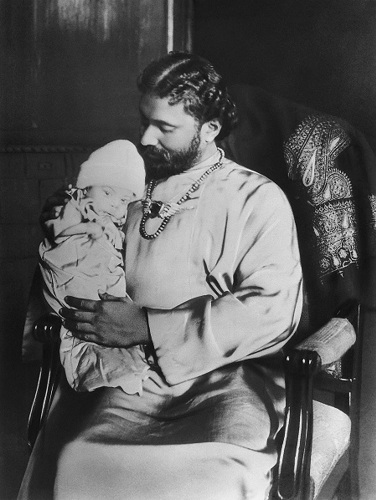
January 1914
Noor was born in Moscow in 1914. Noor’s family was advised to leave Russia within months as it was becoming dangerous. They went to Paris, then on to London after the outbreak of the First World War. Her father, an accomplished Indian musician, gave concerts and shared Sufi teachings.
Photo courtesy of Shrabani Basu
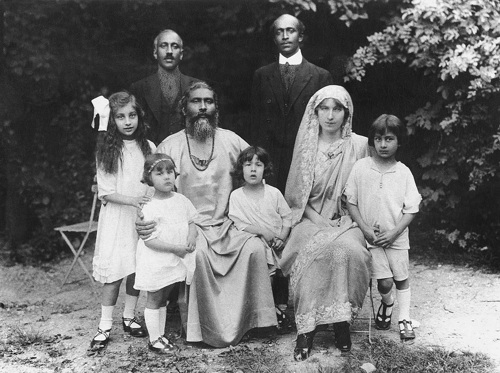
1920 - 1929
In 1920, Noor and her family moved back to France, living hand to mouth in borrowed summer cottages, until a rich Dutch benefactor bought a home for the family and the Sufi movement in Paris. Noor’s father died in 1927. Her mother retreated into grief, and at just 13 years old, Noor had to take responsibility for her family.
Photo courtesy of Shrabani Basu

1930 - 1939
Noor went to university to study child psychology as well as studying the harp and piano at the Ecole Normale de Musique de Paris.
Noor was a keen writer. Stories she wrote for children were printed in the Sunday edition of Le Figaro newspaper and broadcast on Radio Paris. She published the book Twenty Jataka Tales in 1939 and was part of a team that was working on the creation of a newspaper for children.
Photo courtesy of Shrabani Basu
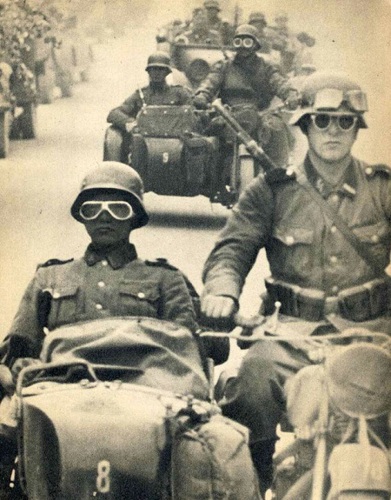
June 1940
The Second World War approached Paris in June 1940. Noor and her brother Vilayat wanted to do their part to ‘thwart the aggression of a tyrant’ although raised to believe in non-violence. They escaped to England in order to join the war effort.
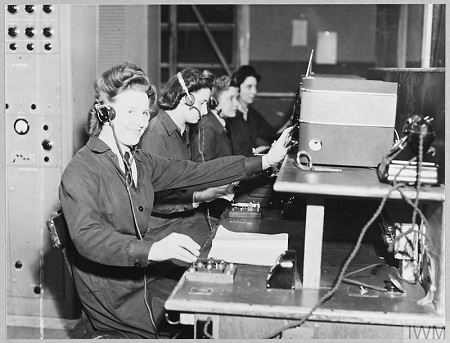
November 1940
Noor joined the Women’s Auxiliary Air Force where she trained as a wireless operator. She worked hard to learn Morse code, becoming an ‘efficient operator’ working at RAF Abingdon.
© IWM (CH 14211)

October 1942
Noor came to the attention of the Special Operations Executive (SOE) who were looking for people who spoke fluent French. She was called for an interview and offered the chance to be an agent behind enemy lines in France.
© IWM (HU 74868)
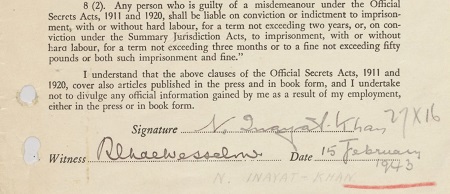
February 1943
Noor joined the SOE, signing the Official Secrets Act, and beginning agent training. She went through physical training, and learned military skills like how to shoot, throw grenades, read maps, and fight hand to hand without weapons.
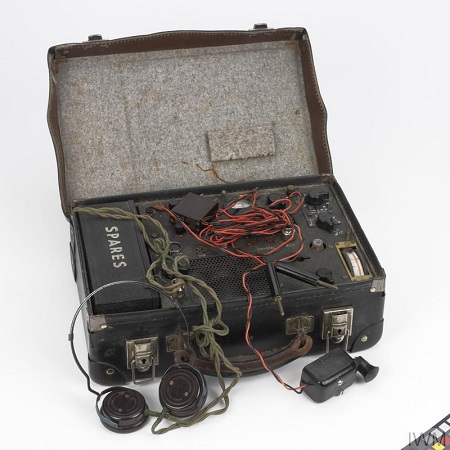
March 1943
Noor became one of the first women to be sent for specialist SOE signals training. Here she learned how to be a wireless operator behind enemy lines, quite unlike her WAAF wireless work. She learned to encode and decode messages, how her radio worked and how to fix it herself.
Some of her instructors weren’t sure Noor would make a good agent, worried she was too honest and kind-hearted, and couldn’t blend into a crowd.
© IWM (COM 229)
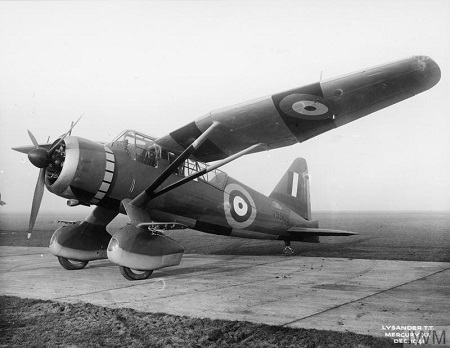
June 1943
Noor was called away early from her final training segment because a new wireless operator was desperately needed in France. She was flown to a field outside Angers with another woman agent. After landing they went their separate ways, Noor cycling to a train station and then by rail to Paris.
Little did she know, the SOE group she was sent to join was about to be unravelled by the Nazi secret police.
© IWM (ATP 10716B)
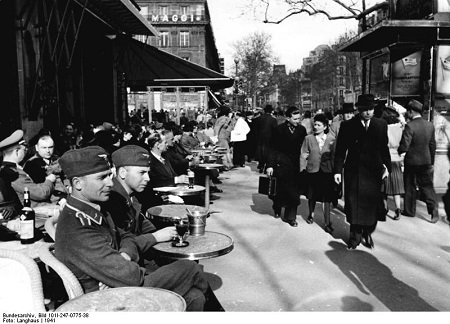
October 1943
Arrest after arrest left Noor as the only SOE wireless operator in the Paris area. After months of difficult and dangerous work, she agrees to return to the UK once a replacement is promised.
Just two days before she was to leave, Noor is arrested by the secret police. She was interrogated repeatedly but refused to give up any information. She tried to escape twice from her cell at 84 Avenue Foch, Paris.
© Langhaus, Bundesarchiv
November 1943
Noor was transferred to prison in Pforzheim, Germany, where she was held in solitary confinement for over 10 months, in shackles.
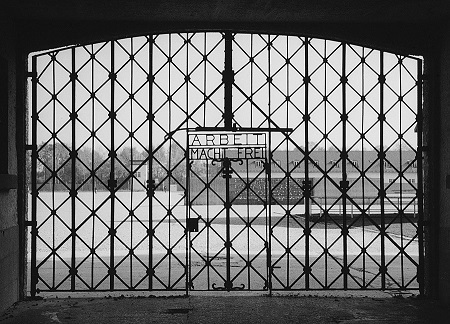
13 September 1944
Having been transported to Dachau concentration camp the night before, Noor was killed on the morning of 13 September 1944. She was 30 years old.
Noor’s body was cremated at Dachau, and it is not known what happened to the ashes. She is commemorated on the CWGC’s Runnymede Memorial.
Photo courtesy of Shrabani Basu
Our partners


